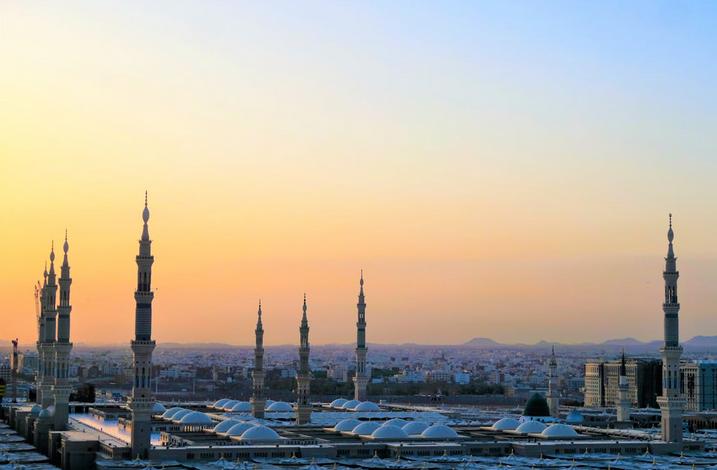A Muslim’s view of life is deeply shaped by the teachings of Islam, which guide every aspect of existence—spiritual, moral, and social. Here are 11 key points on how a Muslim sees life:
1. Life as a Test
Muslims believe that life is a test from Allah (God). Every person is tested with challenges, opportunities, and responsibilities to determine how they live and how they respond to the trials they face. The Qur’an says, “Do not think those who are killed in the way of Allah are dead; they are alive” (Qur’an 3:169). Life is a temporary stage, and success is defined by faith and good deeds.
2. Purpose of Life: Worshiping Allah
The ultimate purpose of life is to worship Allah. The Qur’an states, “I have only created jinn and humans to worship Me” (Qur’an 51:56). Worship is not limited to rituals; it includes every action done with good intentions, such as kindness, honesty, and seeking knowledge.
3. Gratitude and Patience
A Muslim views life through the lens of gratitude (Shukr) and patience (Sabr). Both are essential virtues. Muslims are encouraged to thank Allah for His blessings and show patience in the face of difficulties. This balance brings peace and resilience.
4. Balance Between This Life and the Hereafter
While Muslims acknowledge the importance of worldly success, they believe that this life is a temporary phase leading to the eternal Hereafter. The Qur’an advises Muslims to seek a balance: “But seek the Hereafter with what Allah has given you, and do not forget your share of the world” (Qur’an 28:77).
5. Faith in Predestination
Muslims believe in Qadar (divine predestination), understanding that everything, whether good or bad, happens by the will of Allah. This belief fosters a sense of peace and trust, knowing that Allah’s plan is always best.
6. The Value of Knowledge
Seeking knowledge is highly emphasized in Islam. The Prophet Muhammad (PBUH) said, “Seeking knowledge is an obligation upon every Muslim.” Education, whether religious or worldly, is a means of serving Allah and improving one’s character.
7. Social Responsibility
Muslims view life as an opportunity to contribute positively to society. Charity (Zakat), justice, and care for the poor and marginalized are central. “The best of people are those that bring the most benefit to the rest of mankind,” said the Prophet Muhammad (PBUH).
8. Respect for Life and All Living Beings
Islam teaches the sanctity of life. Killing an innocent person is seen as one of the gravest sins. Muslims are also taught to treat animals with kindness and respect, as they are part of Allah’s creation.
9. Family as a Foundation
Family is central in a Muslim’s life. Muslims are encouraged to treat their parents with kindness and respect, especially mothers, and to maintain strong family ties. The Prophet (PBUH) said, “He who does not show mercy to our young ones and respect our elders is not one of us.”
10. Morality and Integrity
Living a moral life is essential for Muslims. The Prophet Muhammad (PBUH) embodied the highest standards of honesty, integrity, and compassion. Muslims believe that good character is a reflection of faith, and actions must align with Islamic ethics.
11. Hope for Allah’s Mercy
Muslims view life with a sense of hope and optimism. Even when faced with hardship, they rely on Allah’s mercy and forgiveness. The Qur’an emphasizes that “My mercy encompasses all things” (Qur’an 7:156), offering a constant reminder of Allah’s compassion.
In conclusion, a Muslim’s worldview encompasses both a deep sense of purpose in life and an unwavering belief in the afterlife. Through faith, gratitude, and a commitment to justice, Muslims strive to live lives of integrity, balance, and devotion to Allah.




